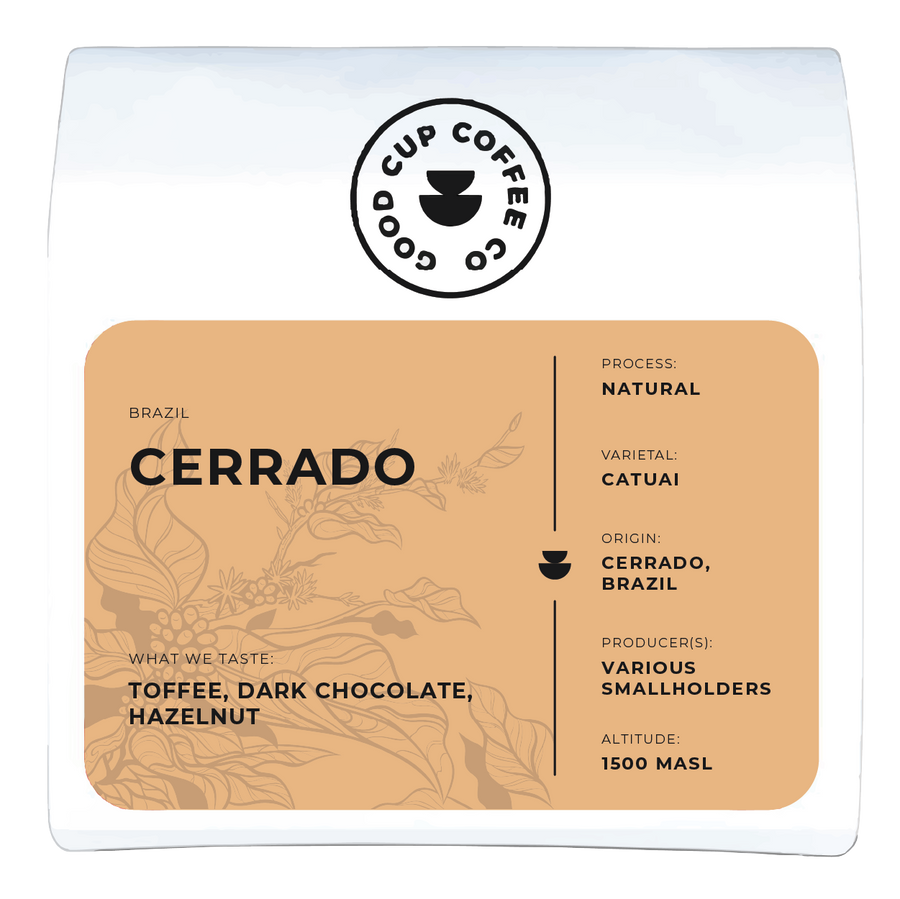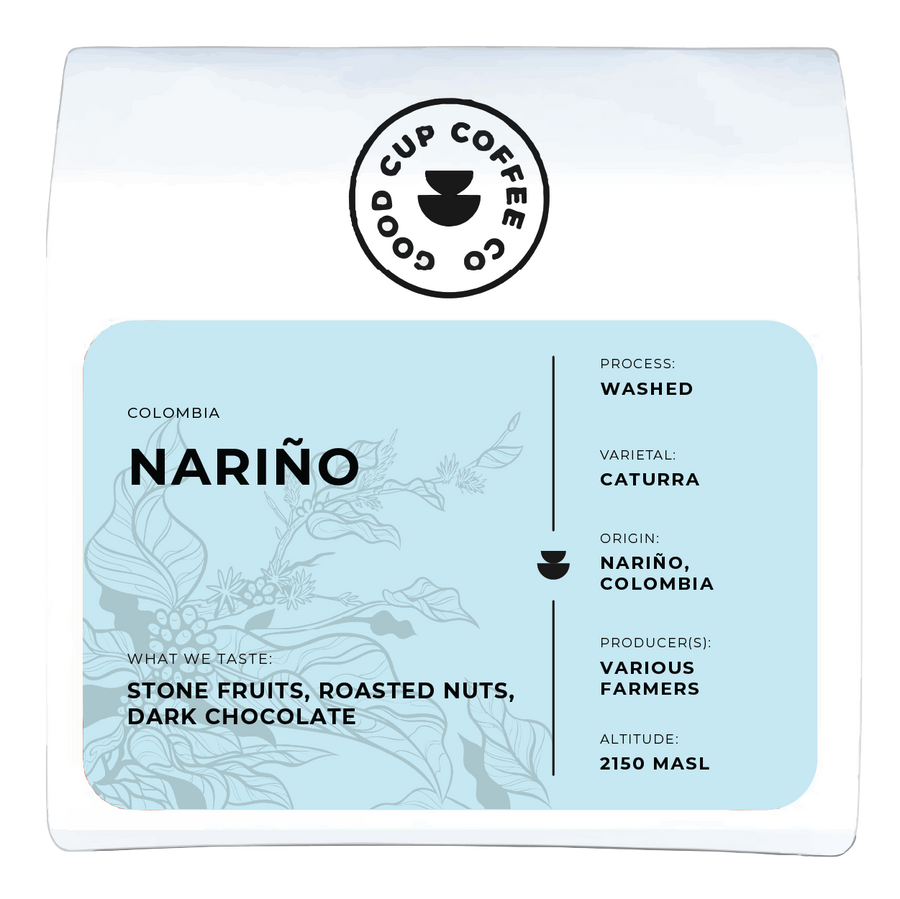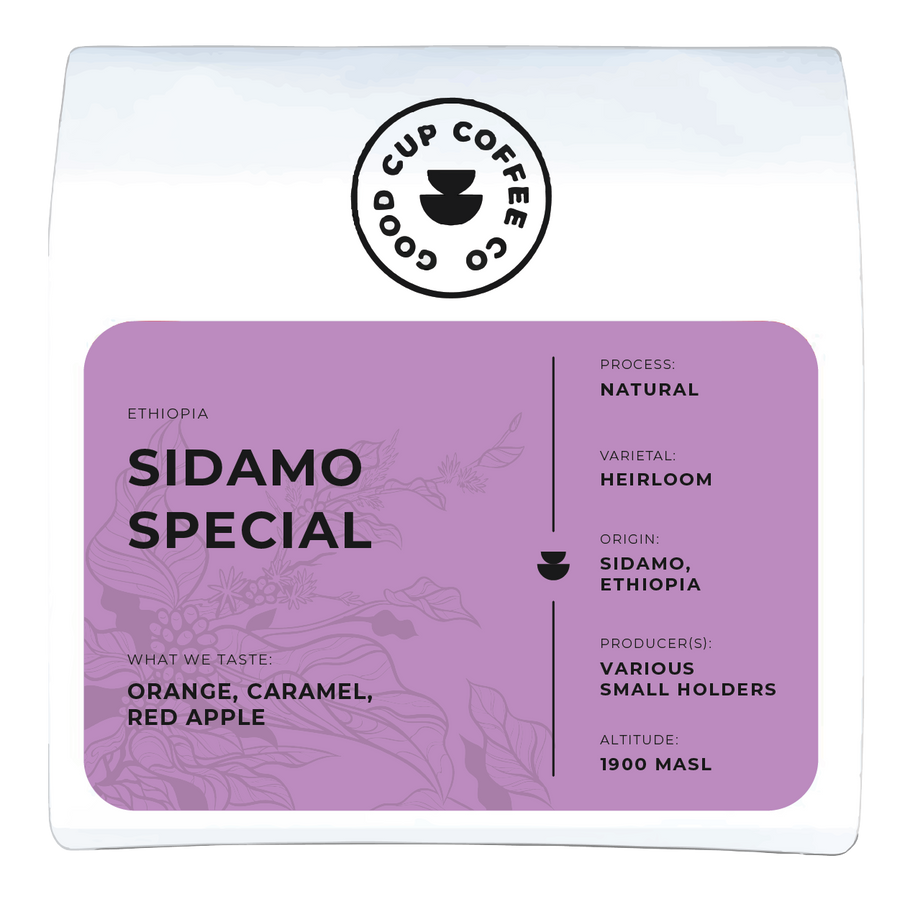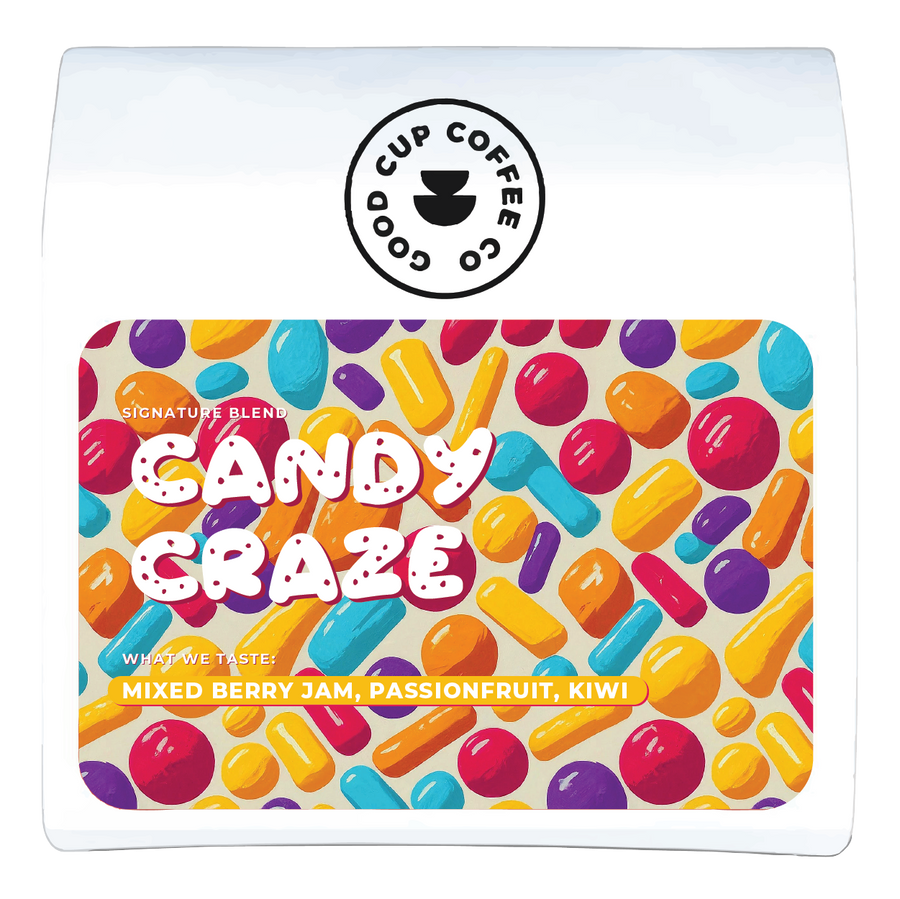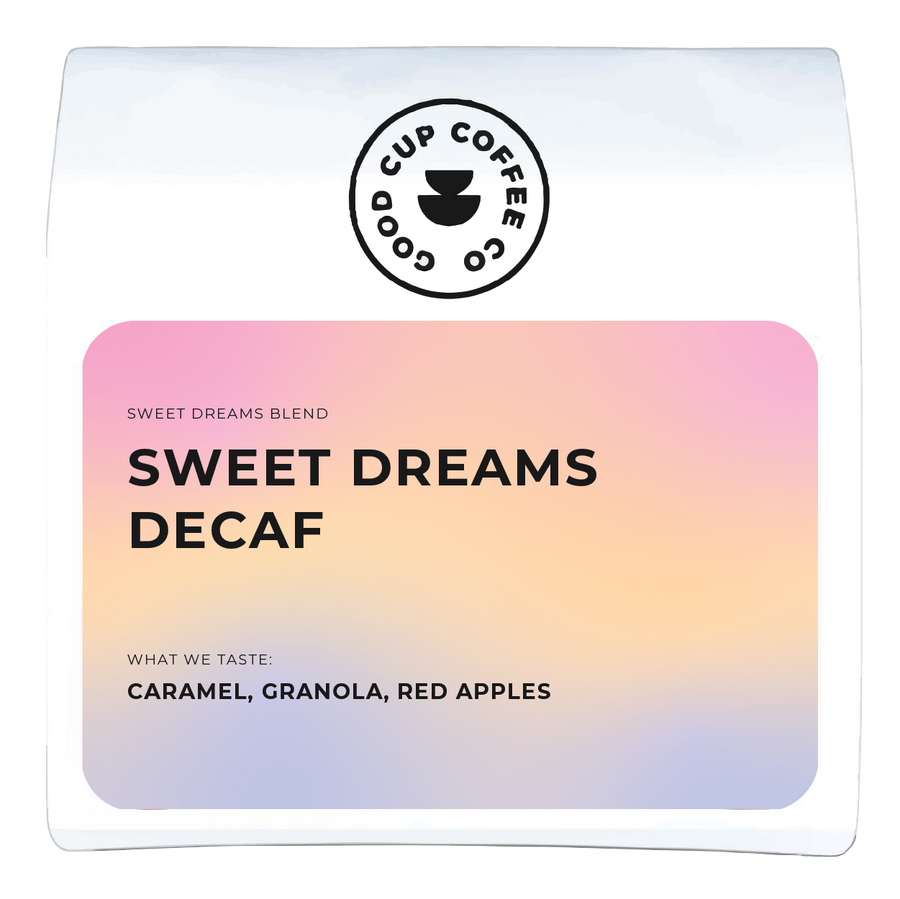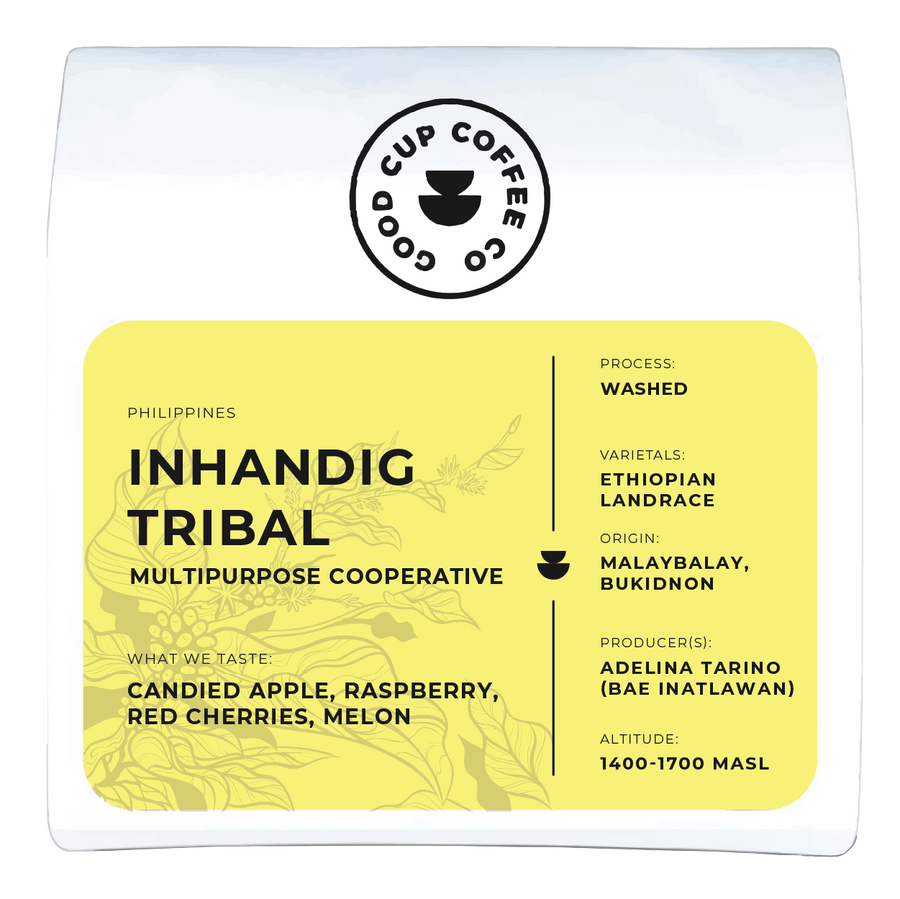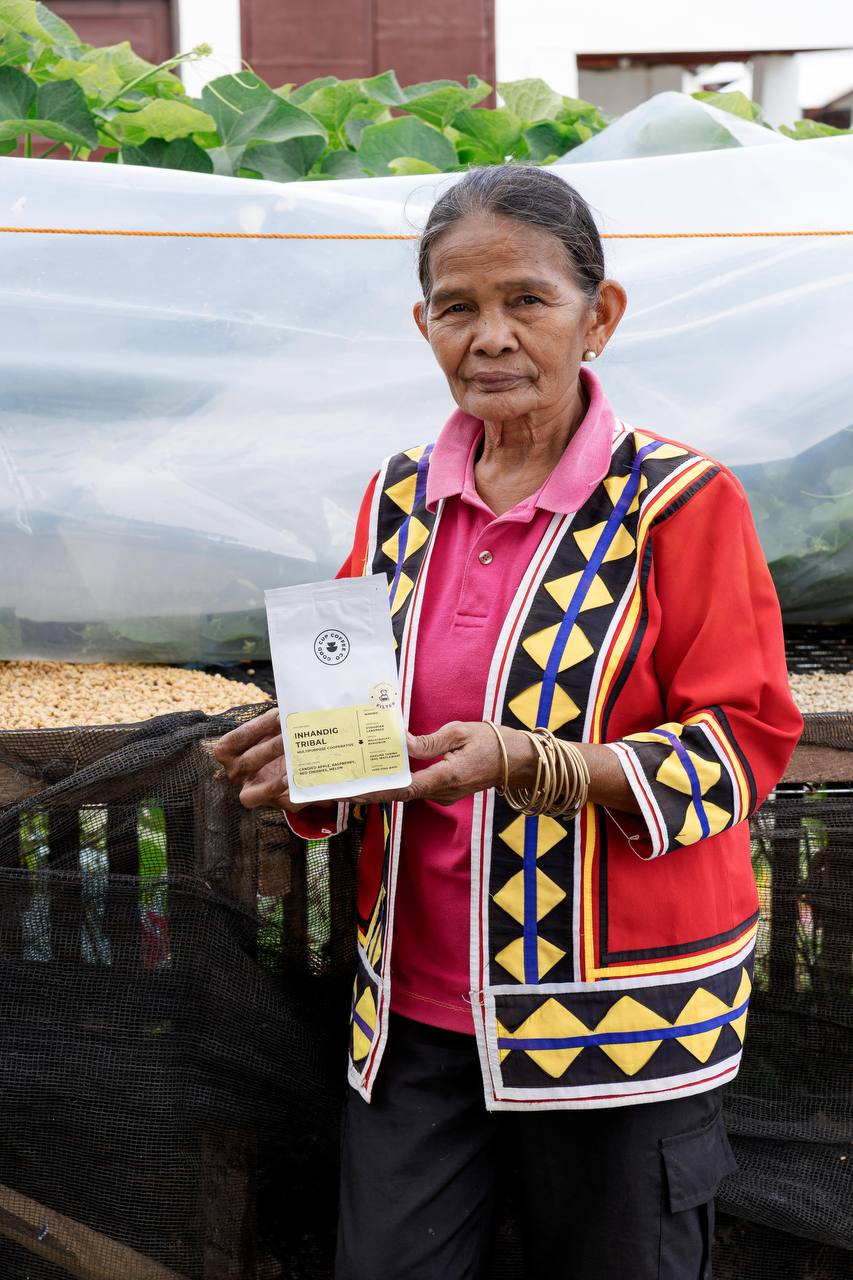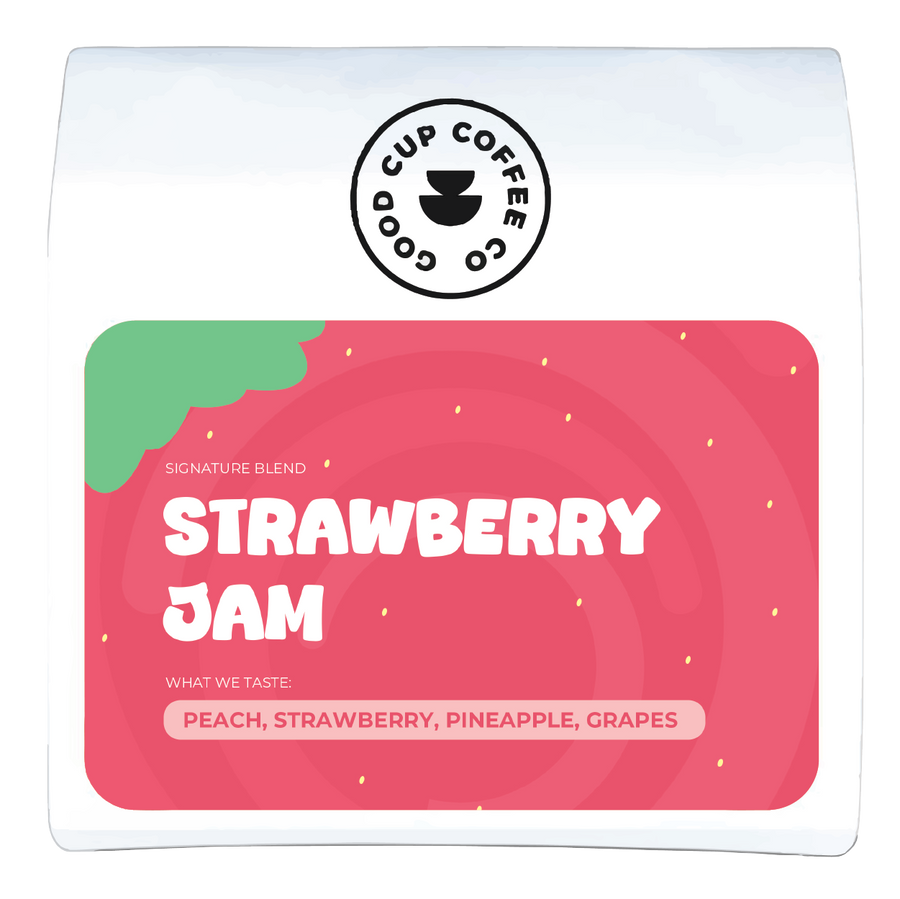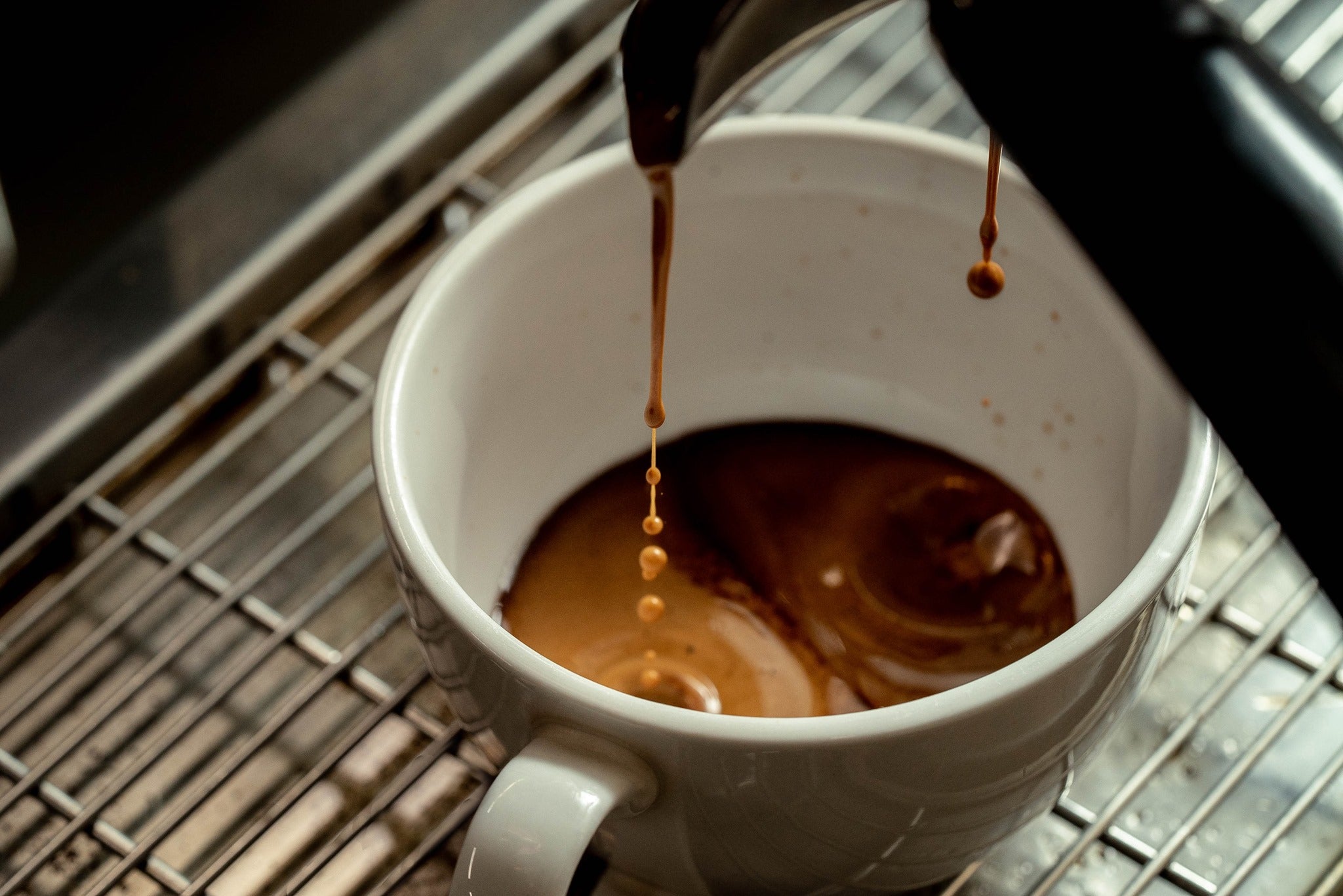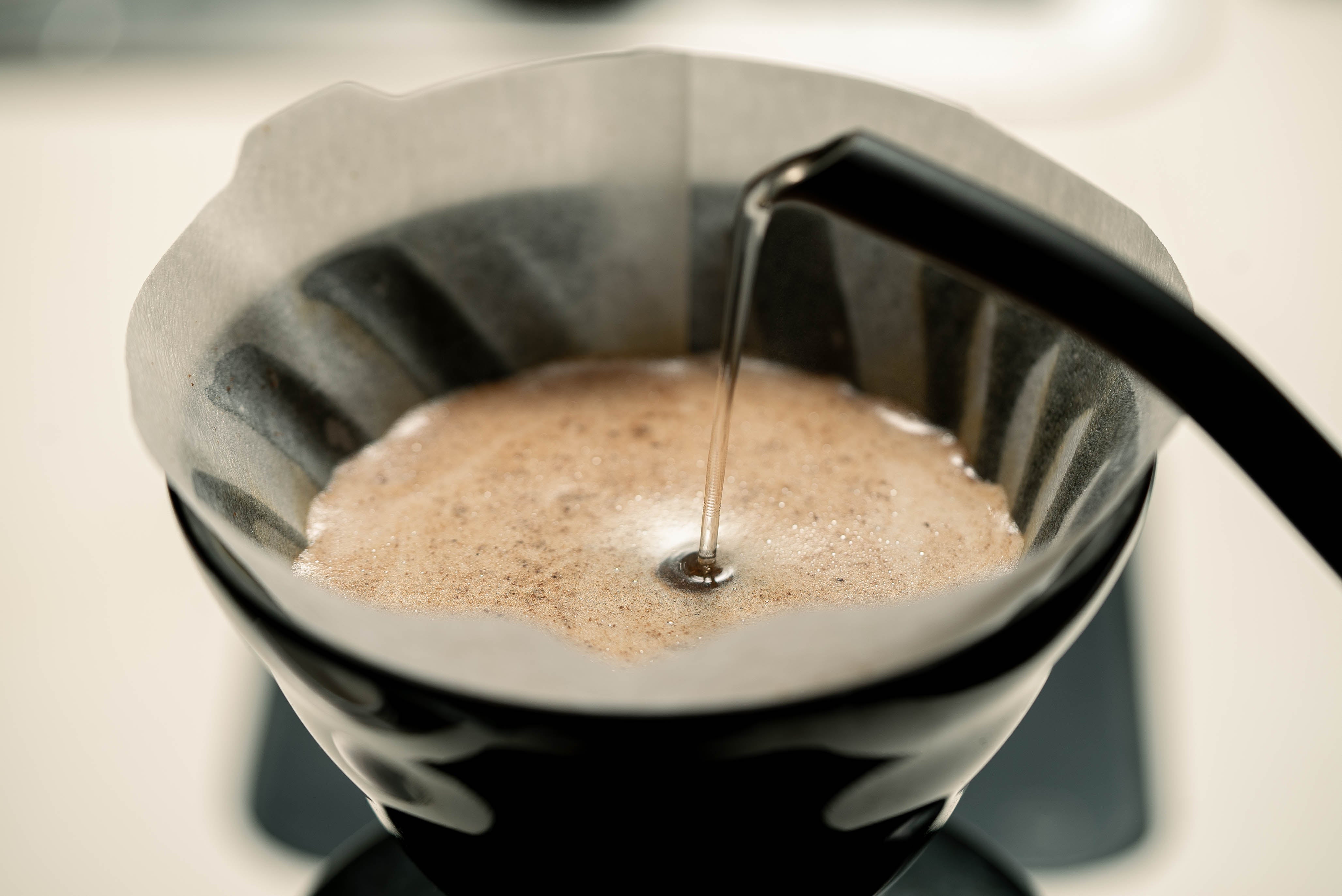Honduras Finca El Puente - Marysabel Caballero & Moises Herrera

Coffee is in Marysabel Caballero’s blood. Her mother was from a coffee producing family, and Marysabel was a child when her parents quit their city jobs and returned to farming coffee. She remembers life on the farm fondly, she loved helping her parents and spending time with her family.
Marysabel married Moises Herrera in 1996 and together they manage their dry mill Xinacla and about 150 hectares of coffee farms. Marysabel brings a lot of knowledge to the operation, and Moises is the innovator, always asking why things are the way they are and wondering if it can be improved. As Marysabel explains, “I am the tradition, and Moises is the passion.”
Moises came from Guatemala for a job as an accountant, working for a Guatemalan exporter in Honduras. He bought some property and planted coffee as an investment. His plan was to sell the farms and move back to Guatemala when his contract ended. In the meantime, he spent a lot of time in the cupping lab, discovering coffee.
On the day Marysabel and Moises met, he said he would marry her. Marysabel wanted to plant Izote (a plant used at the farm as a fence and to avoid erosion) and was told Moises had some on his farm that he might be willing to sell her. Marysabel didn’t take him too seriously at first, after all he was about to go back to Guatemala. But true to his word he returned to Honduras and two years later they were married.
FINCA EL PUENTE
Chinacla looks very different from most places we visit. The interesting blend of coniferous and broad-leaved trees creates a unique landscape that can remind one of the Pacific Northwest.
Moises manages the family’s farms and wet mill. When he renovated the wet mill in 2013, Moises enclosed the ceramic tiled fermentation tanks to stabilize ambient temperatures, and rearranged the depulping setup for a more efficient gravity flow which conserves water.
Marysabel and Moises stand out as top producers with a genuine focus on putting resources back into the local community. We’ve cherished our friendship with them since we discovered their delicious coffee; we’re proud to offer El Puente for this year.
SUSTAINABILITY
The Caballeros are extremely committed to the environmental sustainability of their farms. A lot of their energy and focus goes towards improving the soil to ensure a healthy growing environment for their coffee shrubs. On the farms they produce organic fertilizer made from cow and chicken manure mixed with pulp from coffee cherries and other organic material. This is used, in addition to some artificial fertiliser, to ensure that the coffee plants get the nutrients they need. The soil is analysed annually to ensure it provides proper nourishment to the coffee. All water used for processing is filtered before it is released into nature again.
The Caballeros don’t use pesticides on their farms, instead they control the amount of shade to limit the growth of fungus and other coffee diseases. They have also started planting trees further apart than what is considered normal, as this reduces the risk of fungus and leaf rust. Traditionally producers in this area believed that the more coffee you planted, the higher your yields, but the pair discovered that when your trees have more room to grow, they grow healthier and bigger.


